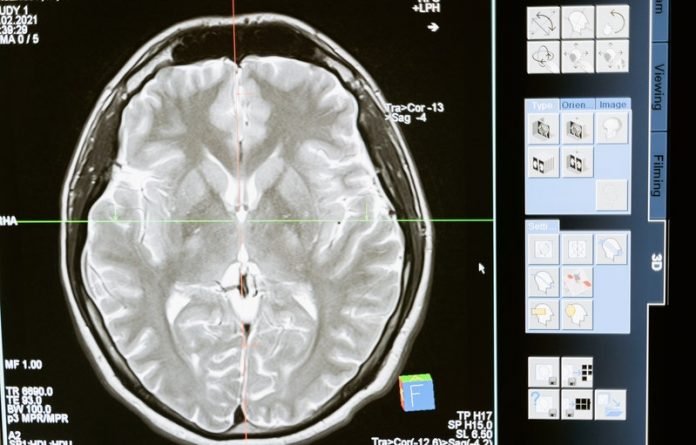
Scientists from UTHealth Houston found that a novel, disease-modifying therapy for Alzheimer’s disease may involve the whole exchange of blood, which effectively decreased the formation of amyloid plaque in the brain.
This study provides a proof-of-concept for the utilization of technologies commonly used in medical practice to ‘clean’ blood from Alzheimer’s patients, reducing the buildup of toxic substances in the brain.
The research was published in Molecular Psychiatry and was conducted by Claudio Soto et al.
In the study, the team performed a series of whole blood exchange treatments to partially replace blood from mice exhibiting Alzheimer’s disease-causing amyloid precursor proteins with complete blood from healthy mice of the same genetic background.
Previous studies have shown that the misfolding, aggregation, and buildup of amyloid beta proteins in the brain plays a central role in Alzheimer’s disease.
Therefore, preventing and removing misfolded protein aggregates is considered a promising treatment for the disease.
In the study, the team discovered that manipulating circulating components in Alzheimer’s disease could be the key to solving this issue.
After multiple blood transfusions, the researchers found that the development of cerebral amyloid plaques in a transgenic mice model of Alzheimer’s disease was reduced by 40% to 80%.
This reduction also resulted in improved spatial memory performance in aged mice with amyloid pathology and lowered the rates of plaque growth over time.
While the exact mechanism by which this blood exchange reduces amyloid pathology and improves memory is currently unknown, there are multiple possibilities.
One possible explanation is that lowering amyloid beta proteins in the bloodstream may help facilitate the redistribution of the peptide from the brain to the periphery.
Another theory is that blood exchange somehow prevents amyloid beta influx, or inhibits the re-uptake of cleared amyloid beta, among other potential explanations.
However, regardless of the mechanisms of action associated with the blood exchange treatment, the study shows that a target for Alzheimer’s disease therapy may lie in the periphery.
If you care about brain health, please read studies that COVID-19 and Alzheimer’s disease are connected, and new non-drug treatment may help prevent Alzheimer’s effectively.
For more information about brain health, please see recent studies about how to eat your way to a healthy brain, and results showing how to prevent brain aging effectively.
Copyright © 2022 Knowridge Science Report. All rights reserved.




